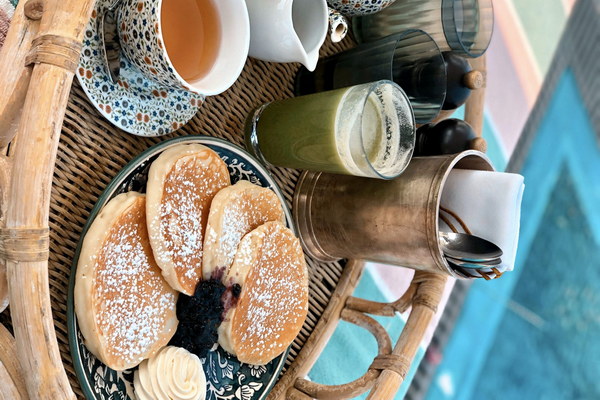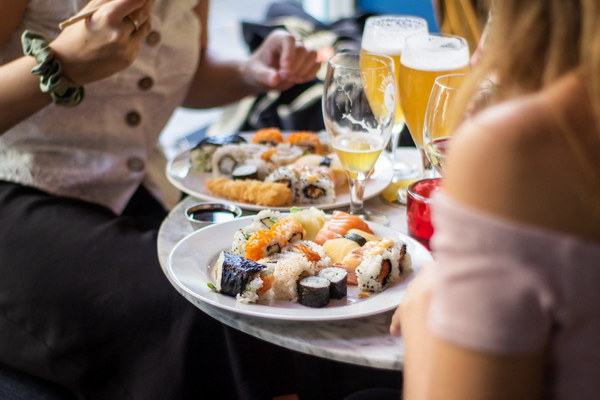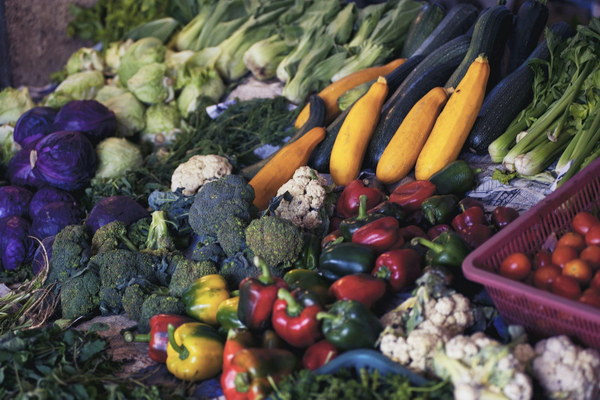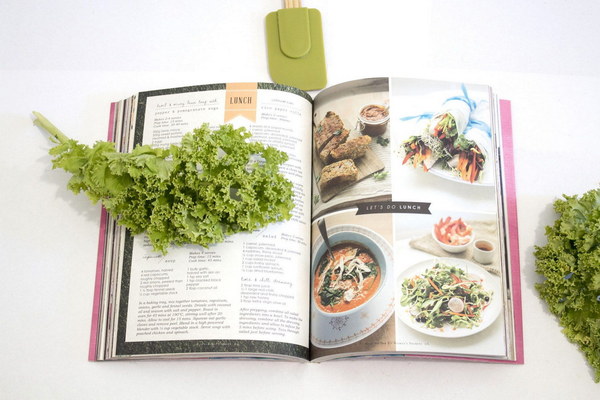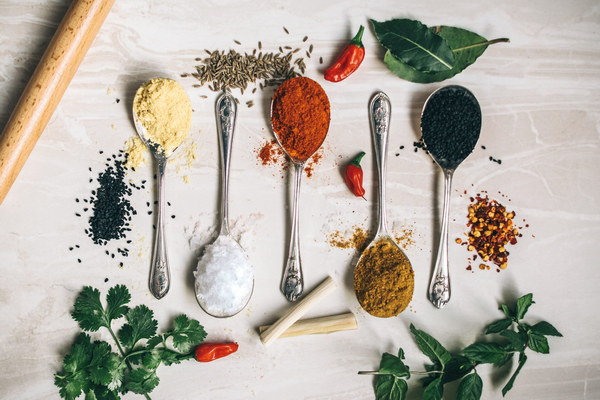Winter Solstice Nourishing the Body and Soul with Traditional Chinese tonics
In the heart of winter, as the sun dips its lowest and the shortest day of the year arrives, the Chinese people embrace the Winter Solstice with a spirit of renewal and replenishment. This ancient festival, known as Dongzhi in Mandarin, is a time when families gather to celebrate the end of the year's longest night and the beginning of the gradual return to longer days. It's also a time when the focus turns to nourishing the body and soul with the wisdom of traditional Chinese medicine.
The Significance of Dongzhi
According to Chinese astrology and the five-element theory, Dongzhi is the time when the yin energy is at its peak and the body's energy is at its lowest. It is believed that this is the moment when the body is most susceptible to cold and flu, and thus, the need for fortifying the immune system is paramount. The solstice is a natural time for reflection and for the consumption of warming, nourishing foods that can help balance the body's internal environment.
The Art of Winter Solstice Nourishment
The traditional Chinese diet during Dongzhi emphasizes foods that are sweet, warm, and high in nutrients. These foods are chosen not only for their taste but also for their therapeutic properties. Here are some staple foods that are often featured in Dongzhi meals:
- Ganoderma Lucidum (Ling Zhi): Known as the King of Herbs, this mushroom is prized for its immune-boosting and anti-aging properties.
- Goji Berries: These red, dried berries are rich in antioxidants and are believed to enhance vitality and longevity.
- Ginger: A staple in Chinese cooking, ginger is known for its warming qualities and ability to aid digestion.
- Soy Products: Tofu, tempeh, and miso are not only delicious but also provide essential amino acids and protein.
- Root Vegetables: Carrots, radishes, turnips, and burdock roots are cooked in soups and stews to provide warmth and energy.
A Winter Solstice Soup Recipe
One of the most iconic dishes prepared during Dongzhi is a warm and comforting soup. Here is a traditional recipe that embodies the spirit of the season:
Warming Dongzhi Soup
- 1/2 cup dried goji berries
- 1/4 cup dried ling zhi mushrooms
- 1 piece of ginger, peeled and thinly sliced
- 1/2 cup lotus seeds
- 1/4 cup red dates
- 1/2 cup honey dates
- 1/2 cup winter melon slices
- 1/2 cup sweet potato slices
- 1/4 cup carrots, peeled and sliced
- 2 liters of water
- 1 teaspoon of rock sugar (optional)
1. Rinse all the dried ingredients and place them in a large pot.
2. Add the sliced ginger and water to the pot.
3. Bring the mixture to a boil, then reduce the heat and let it simmer for about 2 hours, or until the soup has reduced to about half its original volume.
4. Add the winter melon, sweet potato, and carrots, and continue to simmer for another 30 minutes.
5. Taste and adjust the sweetness with rock sugar if desired.
6. Serve hot, preferably with a side of steamed white rice or noodles.

Reflection and Ritual
In addition to the culinary festivities, Dongzhi is also a time for reflection and spiritual rejuvenation. Many Chinese families visit temples and pay homage to ancestors, as a way to honor the past and ensure a prosperous future. The Winter Solstice is a time to slow down, to appreciate the quietude of the season, and to nurture oneself with the richness of tradition.
As the world outside continues to grow colder, the Winter Solstice provides a beacon of warmth and nourishment. It is a reminder that even in the depths of winter, there is a cycle of renewal, and that with the right care and attention, the body and soul can be replenished, ready to face the challenges of the new year ahead.



